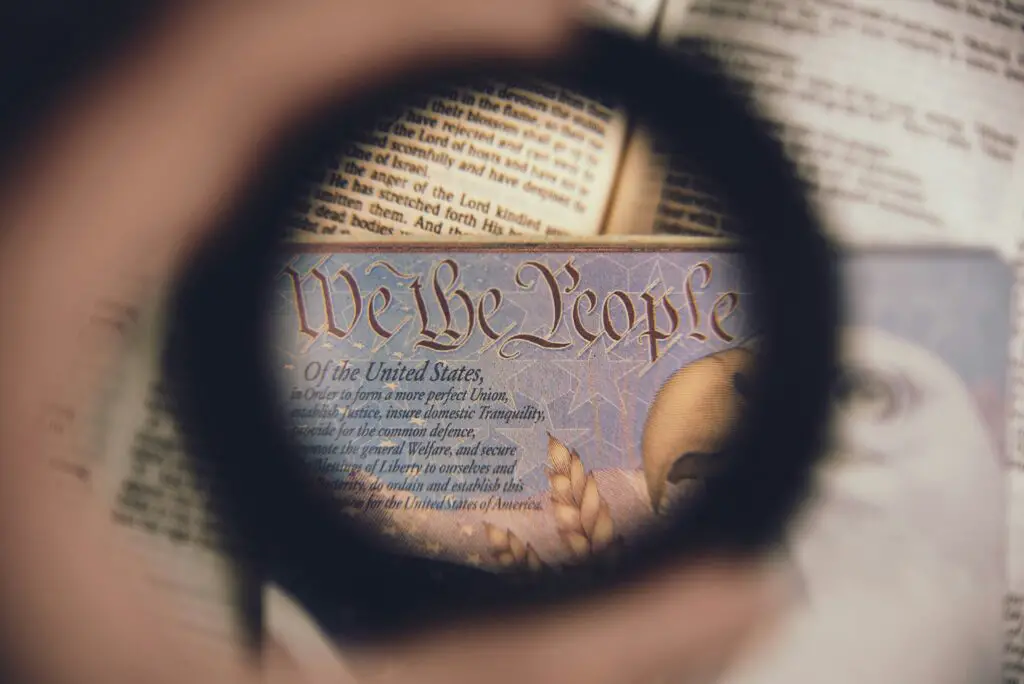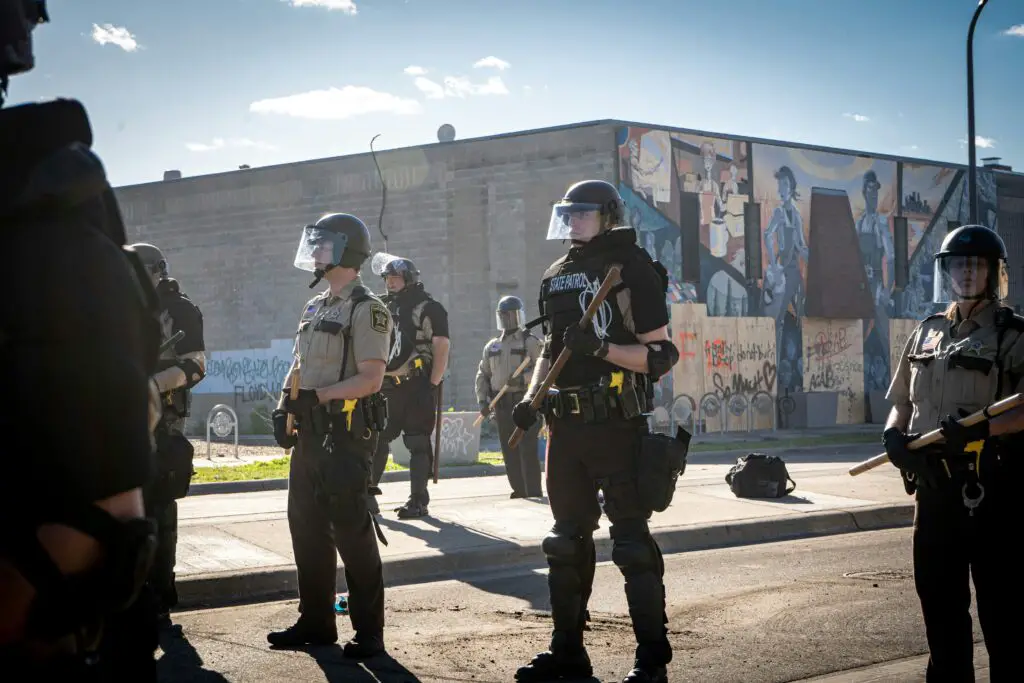Related Posts
In this news video clip, a woman recounts her experience of being left with numerous ant bites after being arrested by the police. Her story is shockingly similar to many others from around the nation. Stories like these make people question if police keep their safety in mind. Keep reading to learn more about how your constitutional rights relate to the video.
The news coverage discusses Taylor Rogers, whom police arrested. According to her account, police arrested her and left her face down on a hill of fire ants. During the incident, police fully restrained Rogers, preventing her from moving out of harm’s way.
In response to the incident, Taylor Rogers is suing the city and two police officers. The news story then shows bodycam footage from the actual incident. In the footage, the Rogers screams as the officers put her down on the ground. She pleads, saying, “Ants are on my face…please let go of me…help me.”
Your Constitutional Rights to Safety and Privacy

Under the U.S. Constitution, the law grants you various rights. The Bill of Rights, comprising 10 basic amendments, outlines some of the most important rights that all American citizens possess.
One crucial amendment related to the news clip is the Fourth Amendment. This amendment protects American citizens from unreasonable searches and seizures. In basic terms, it protects people from being unlawfully arrested and police searching their private property for no legitimate reason.
Another important idea in the Constitution is due process. The Constitution states that no one shall be “deprived of life, liberty, or property without due process of law.” This generally means that police cannot restrict your freedom unless they have a legally justified reason to detain you. Moreover, while in police custody, police officers have an obligation to ensure your safety intentionally.
Constitutional Rights from Injuries Caused by the Police
In addition to your constitutional rights, police must also follow a variety of other guidelines in their role. For instance, society expects them to use their authority and power responsibly.
Sadly, there have been many recent stories of police abusing their power during routine arrests. For instance, many people experience injuries while being detained and handcuffed. During violent situations, police often use force to detain you or keep you where you are. Some tactics, like handcuffing people facedown, have been deemed dangerous and can easily infringe on your constitutional rights.
Under the Fourth Amendment, this protects people from police officers’ use of unnecessary force. While each case may differ in what constitutes excessive force, individuals can easily sue if they suffer damages during a peaceful arrest.
What Should You Do if Police injure you?

Assuming you are injured while peacefully cooperating with an officer, there are a few main things you should do if the police injure you. First, it is essential to remain calm and collected. Having outbursts targeted at police can escalate the situation and make things increasingly violent.
Following the incident, you should seek medical attention and document evidence in the form of photos or material damages. Identifying witnesses may also help validate your claims. Lastly, you can file a formal complaint and follow typical legal procedures to address your concerns and damages.
Depending on your case, you may want to seek professional legal advice. A legal advisor may recommend filing a formal suit or contacting the press to publicize your issue.
Ultimately, your constitutional rights are unalienable and crucial to your status as an American citizen. While your constitutional rights may not protect you from injustices, they allow you to seek reparations following an unconstitutional situation.
Are the Police Liable?
In response to the newsreel, attorney Ugo Lord has offered profound insight. He asserts that police must ensure the safety of suspects while in custody. If police fail to fulfill this duty, they can be liable for any resulting damages.
Legally, police are permitted to place suspects on the ground once they arrest them. Police may not be aware that the ground where they put a suspect has dangerous ants or other hazards. Therefore, if the police were unaware, they could not be liable.
In the video’s case, the woman distinctly alerted the police herself. She repeatedly cried for help and informed them that fire ants were biting her face. Police should have recognized that she was sustaining injuries, which makes them liable. This likely prompted the woman to file multiple lawsuits regarding her various injuries.

